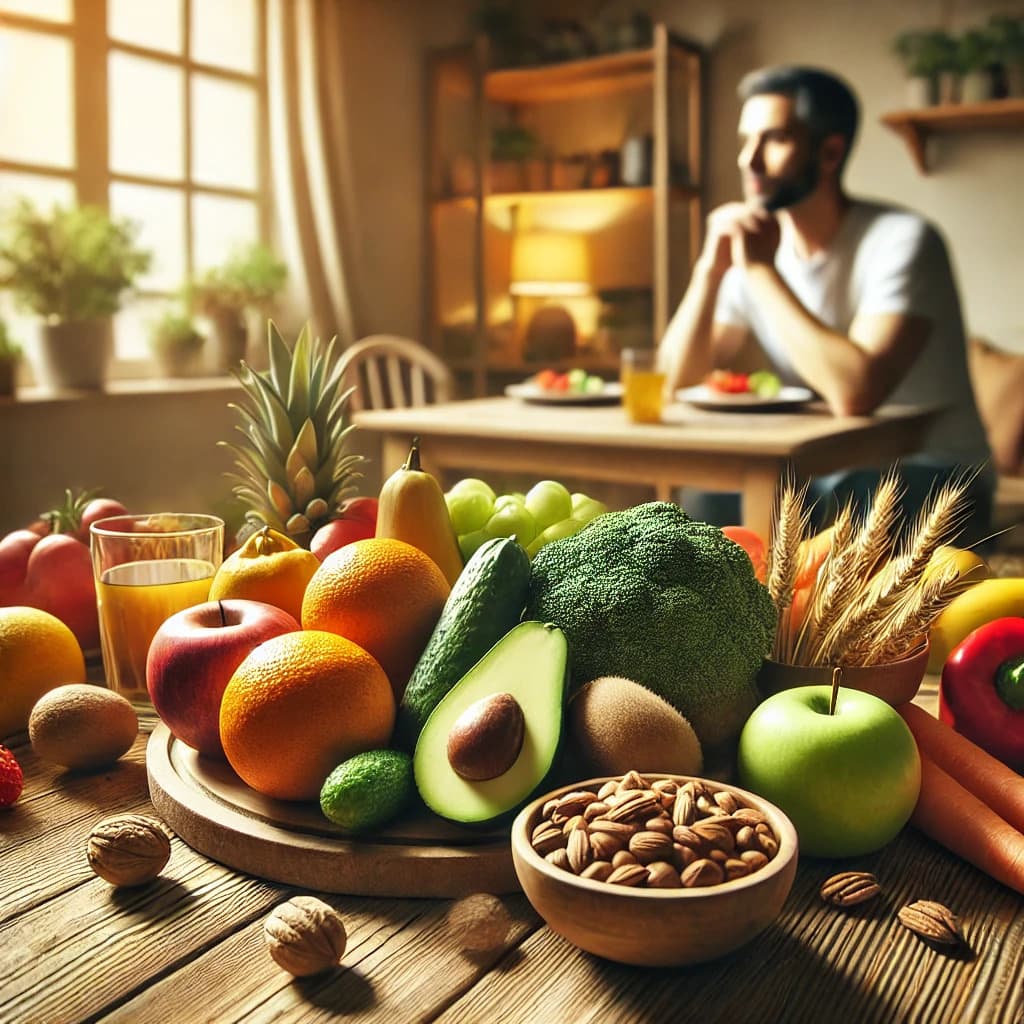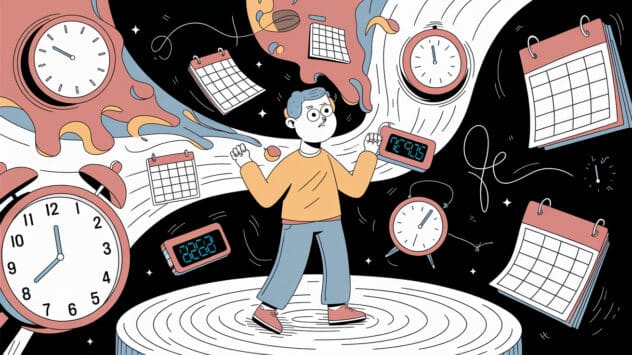Neurodivergence and Disordered Eating: The Untold Connection
Neurodivergence encompasses a wide range of conditions, such as autism, ADHD, dyslexia, and more, offering a kaleidoscope of perspectives on the world. But what happens when this unique wiring intersects with eating behaviours? It’s a connection that’s often whispered about but rarely explored in ways that feel genuinely useful. Let’s unpack the nuances, challenge some tired clichés, and dive into perspectives that might actually make you say, “Ah, that makes sense now!” Let’s have a look at Neurodivergence and disordered eating.
Neurodivergence and Disordered Eating: More Than Meets the Eye
When we talk about neurodivergence and eating behaviours, it’s easy to assume we’re just dealing with quirks. “Oh, they don’t like green foods, how cute.” But the reality is far more layered.
For many neurodivergent individuals, differences in brain chemistry and sensory processing can influence eating behaviours. This isn’t simply about personal preference; it’s deeply rooted in how their brains function.
Unlock peak brain performance with science-backed biohacks. Join free now & get your guide for just £4.99 (45% off)!

Take sensory sensitivities. For someone with autism, a tomato’s texture might feel like biting into a water balloon filled with regret. This isn’t about being fussy; it’s a physiological reaction to overwhelming stimuli. Sensory processing issues can make certain textures, smells, or tastes overwhelming, leading to avoidance of specific foods or even entire food groups.
Then there’s ADHD. The brain’s relationship with dopamine can turn eating into an unpredictable saga. Forgetting meals during hyper-focus is common, only to inhale the next meal like it’s the last supper because dopamine craves rewards.
These aren’t just habits. They’re deeply rooted in neurobiology, making the connection between neurodivergence and disordered eating much more than surface-level.
Emotional Regulation and the Role of Food
Now, let’s throw emotions into the mix. For many neurodivergent individuals, food becomes a coping mechanism. Feeling overstimulated? That box of biscuits starts whispering promises of calm. Stressed out? Food might vanish from the radar entirely.
It’s less about “comfort eating” and more about finding any semblance of control in a world that can feel relentless. When emotional regulation gets tangled with eating patterns, it can snowball into disordered behaviours.
Unique Risks: Why Neurodivergence Increases Vulnerability
Disordered eating is complex for anyone, but neurodivergent individuals face unique risks that are rarely highlighted.
Preference for familiarity in eating habits and Food Rules
A strict adherence to familiar meals, particularly in autism, can make eating feel like an impossible test. Food rules, rituals, and “safe” options aren’t quirks. They’re lifelines in an overwhelming world. Unfortunately, this rigidity can spiral into disordered behaviours that feel impossible to break.
Dopamine and Impulse Control
ADHD brains are wired for “now, not later.” High-sugar, high-fat foods often become dopamine jackpots, offering instant gratification that’s hard to resist. This reliance can lead to cycles of guilt, overindulgence, and avoidance, fuelling unhealthy patterns.
Interoception: The Silent Disruptor
Interoception, or your body’s ability to sense hunger and fullness, is like the Wi-Fi signal of eating habits. For some neurodivergent people, that signal is patchy at best. This can lead to chaotic eating patterns, from eating when you’re not hungry to forgetting food altogether.
Breaking Ground: What Needs to Change
Let’s be honest. The healthcare system doesn’t always connect the dots between neurodivergence and disordered eating. Too often, neurodivergent individuals hear advice that’s about as useful as “just eat balanced meals.” (Thanks, Susan, truly ground breaking.)
What’s needed is a radical shift:
- Better training for healthcare professionals to understand the intersection of neurodivergence and disordered eating
- Tailored interventions that respect sensory, emotional, and executive functioning challenges
- Open dialogue to remove the stigma and invite new, inclusive solutions
Where to Find Help That Works
If this resonates, know that you’re not alone, and there are ways forward. Look for professionals who specialise in both neurodivergence and eating behaviours. Cognitive Behavioural Therapy (CBT), when adapted thoughtfully, can be life-changing. Similarly, dietitians familiar with sensory processing can help craft strategies that actually work.
Reimagining Food and Neurodiversity
At its heart, the connection between neurodivergence and eating is about more than food. After all, food is meant to nourish, not stress us out. There’s no reason why a unique brain should be a barrier to that.
Beyond the sensory challenges of smells, textures, and tastes, meal preparation itself can feel like an insurmountable task. To eat well and nourish your body, You have to tackle multiple steps: creating a grocery list, shopping, putting items away in a tiny kitchen, and washing, drying, and storing produce to prevent it from spoiling before remembering to eat it.
Often becoming hyper-focused on work, skipping meals until mid-day when your appetite finally kicks in or your blood sugar level drops. The idea of interrupting your flow to prepare food feels like a monumental effort. And even when you manage to cook a healthy meal, it can be disheartening when the entire dish is gone in one sitting, leaving you to start the process over again the next day.
Meal Prepping/ meal boxes are a great way of managing sensory overload and can make sure you are eating a good variety of food.
There are Apps available that can remind you to eat, drink or even when you need to take the washing out.
As a parent of neurodivergent teenagers I find choice is always good but not too much choice to be overwhelming.. i.e. Sausages or Eggs for dinner, although this doesn’t always work some days I am making 3 different meals for dinner.
Find what fits you best as a family! Choose your battles!
Through empathy, awareness, and targeted support, we can pave the way for better mental and physical health for all. Let’s continue the conversation and work towards a world where every neurodivergent person feels seen and supported.
Any recipe ideas – Join our forum and tag me as I need all the help I can get!!
Join Us!
Let’s continue this conversation. By digging deeper, sharing fresh perspectives, and amplifying neurodivergent voices, we can create a world where everyone feels seen, not just at the dinner table, but in life.
Disclaimers
General Disclaimer:
This blog is for informational and entertainment purposes only and is not a substitute for professional medical advice, diagnosis, or treatment. Always consult a qualified healthcare provider with any questions you may have about a medical condition or dietary concerns.
Affiliate Disclaimer:
Some links in this post may be affiliate links, meaning we may earn a small commission if you make a purchase through these links. This comes at no additional cost to you and helps support the work we do. We only recommend products or services we genuinely believe in and feel would add value to our readers.







